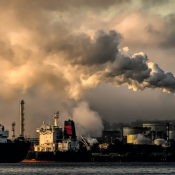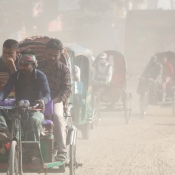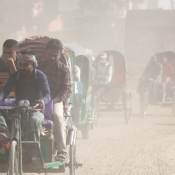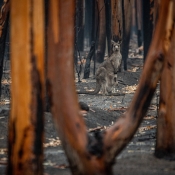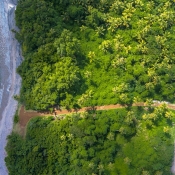Climate Change Bangladesh: Minor contributor to GHG emissions, but major victim of climate change
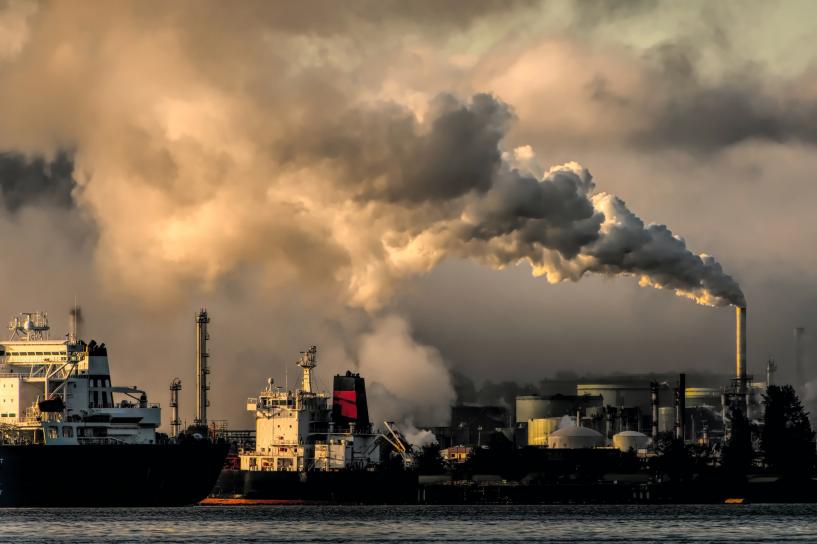
Business leaders say Bangladesh is a victim of emissions by developed nations as the country itself has yet to reach a level of industrialization significant enough to impact climate change.
Bangladesh is a small contributor to global greenhouse gas emissions as the country contributes 0.25% to global emissions.
“Still, we need to exercise restraint and curb our emissions, and adapt to climate change,” according to Dr Zaidi Sattar, chairman of the Policy Research Institute of Bangladesh (PRI).
“But global warming is a curse for us because we are a victim of the developed nations,”
- Anwar-ul-Alam Chowdhury
President of the Bangladesh Chamber of Industries (BCI)
The global community has come to realize that in the 21st century, economic growth in developing and developed countries must be both inclusive and sustainable, he added.
“To achieve net-zero transition globally, additional investment of $3.5 trillion a year would be required. But 200 million jobs will be created with new technology adoption while 185 million jobs will be lost,” the economist said while chairing a consultation workshop on Climate Change and Institutions in Bangladesh on Wednesday.
Bangladesh has made specific commitments to contain Bangladesh’s own GHG emissions despite the fact that, as an LDC, it is not required to make any such commitments, Sattar further said.
Anwar-ul-Alam Chowdhury, president of the Bangladesh Chamber of Industries (BCI), said the country has so far developed only the garments industry and some of the textile industry.
“But global warming is a curse for us because we are a victim of the developed nations,” he said.
Dr Hasan Moinuddin, senior fellow of PRI, delivered the keynote presentation at the virtual workshop.
Abhas Jha, practice manager of Climate Change and Disaster Risk Management at the World Bank, said: “If you look at the global climates risk index, Bangladesh is ranked as the world’s seventh most climate affected country. Estimated average annual losses to disasters is around $3 billion. So, that’s about 1% to 2% of GDP.”
Jha added that as new areas are opening up, new types of job opportunities will also open up.
“And it is important that we build up the skills, so that Bangladesh can benefit from these new opportunities, for example, in solar energy, in wind power, in battery storage, and different aspects of manufacturing,” he further said.
Mirza Shawkat Ali, director of Climate Change and International Convention at Department of Environment; Hoon Sahib Soh, practice manager of Macroeconomics, Trade, Investment and Public Sector at World Bank; and Dr Tariq Bin Yousuf, additional chief engineer and waste management expert of DNCC, also spoke at the webinar.
Dr Ahsan H Mansur, executive director of PRI, gave the welcome remarks at the workshop.
Published on: Tuesday, 26 April 2022, 01:49 am ▪ Total View of this Page: 1735




